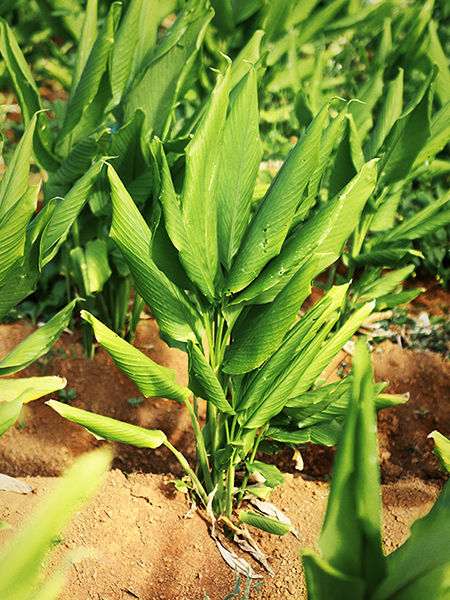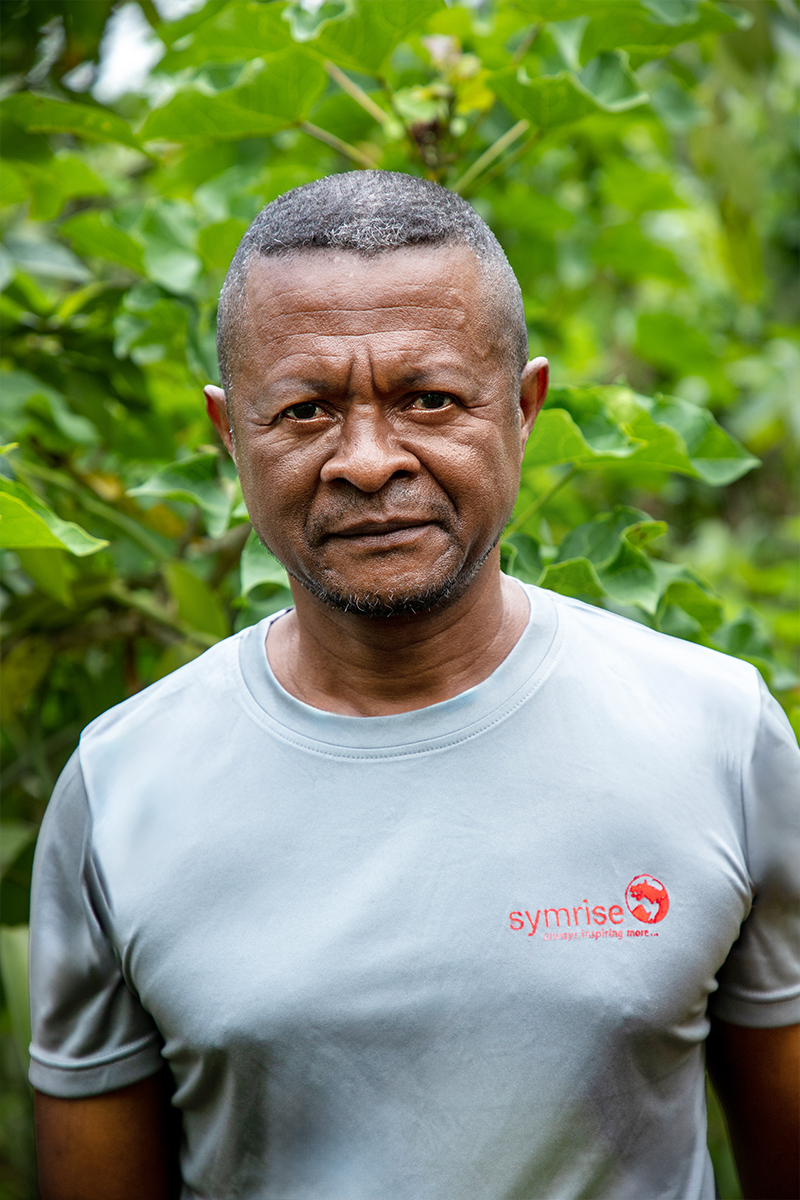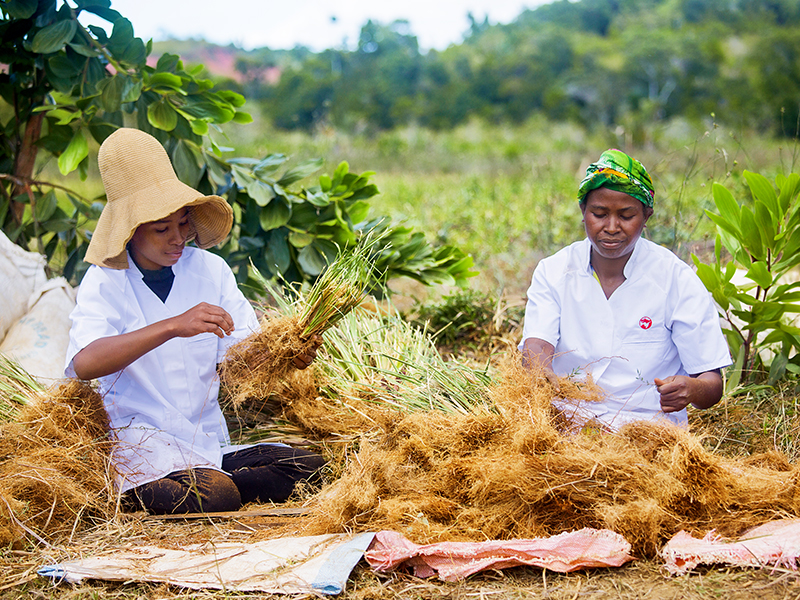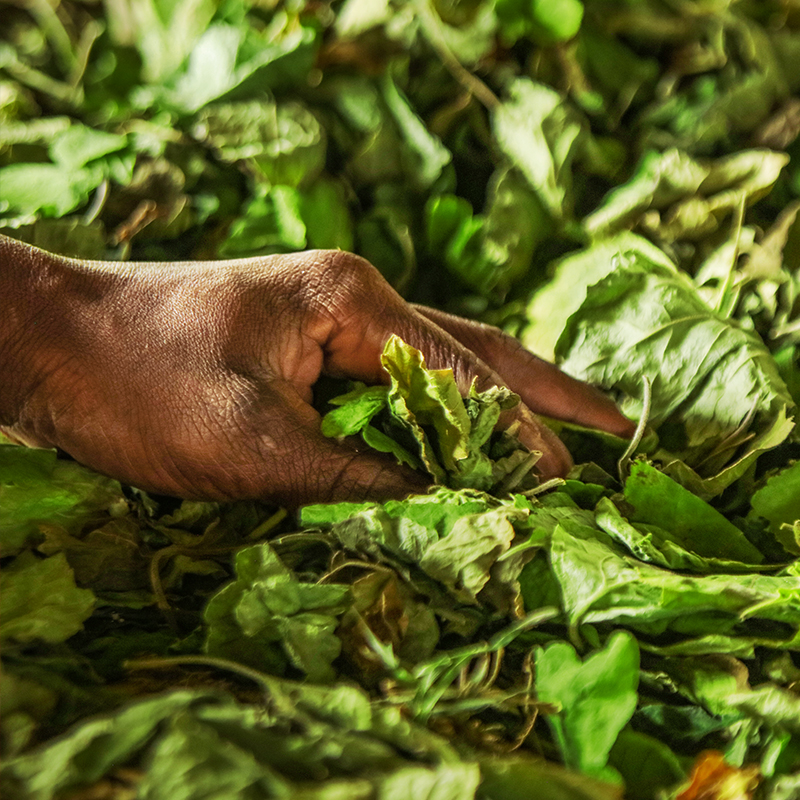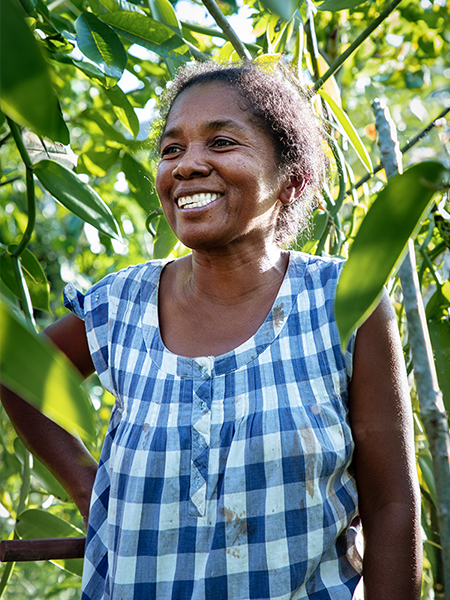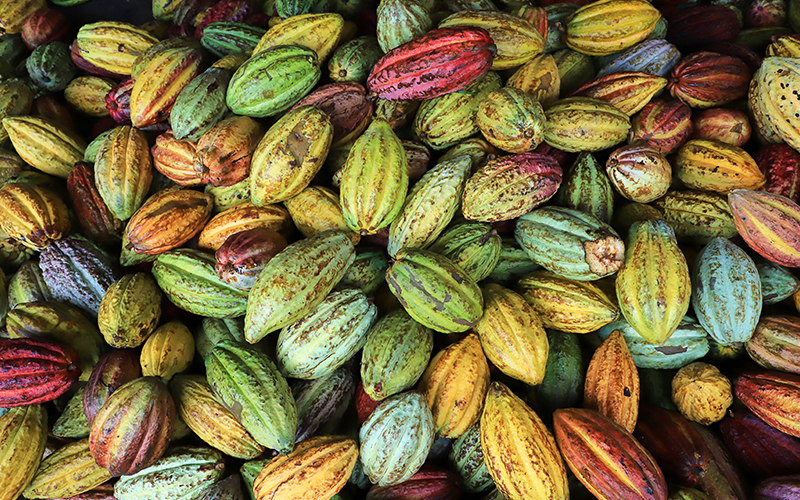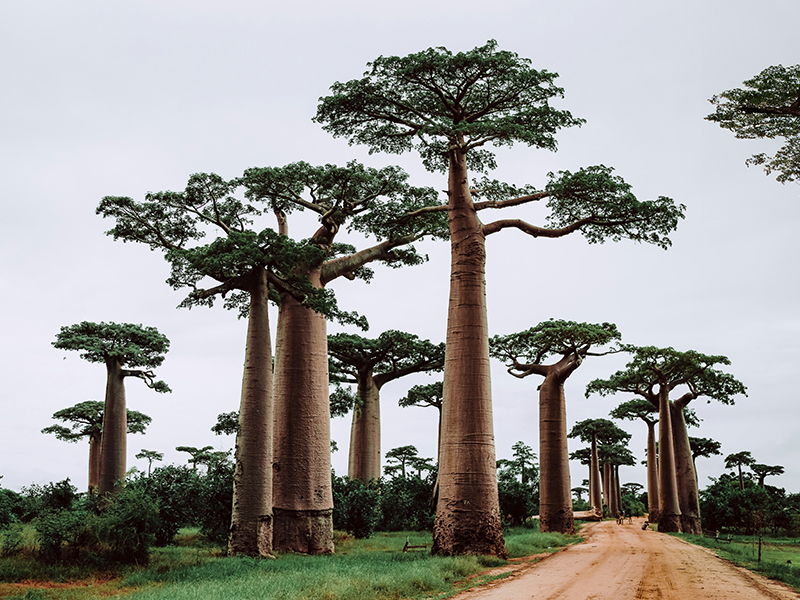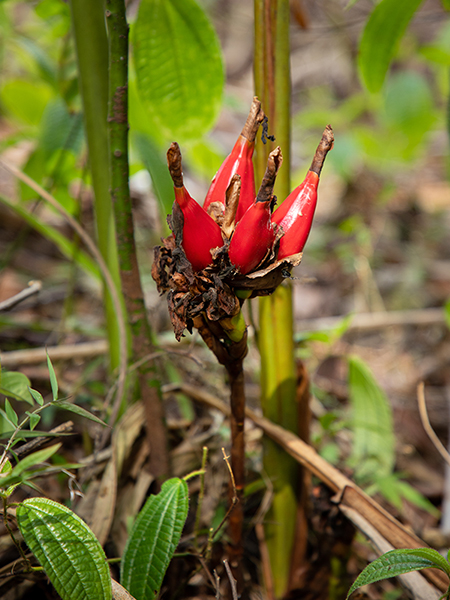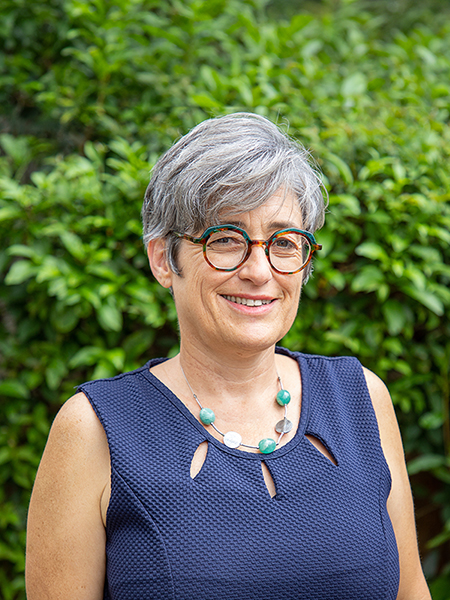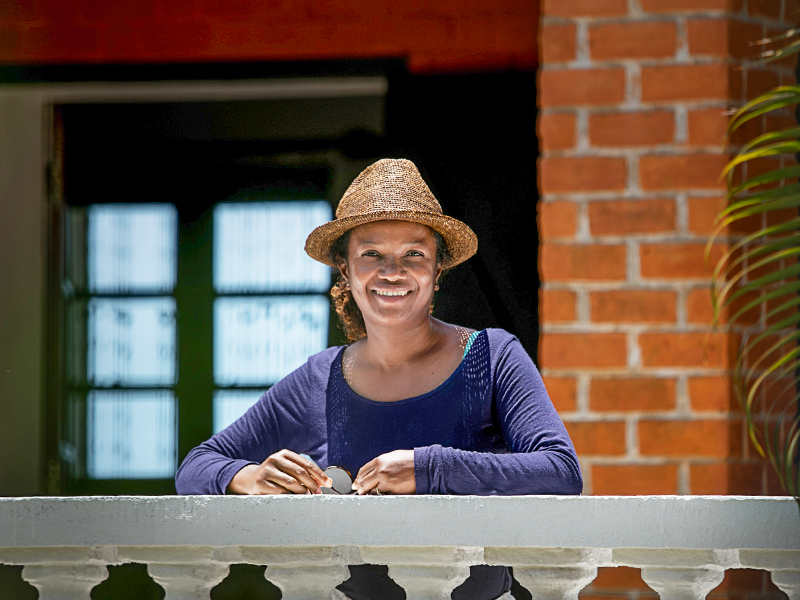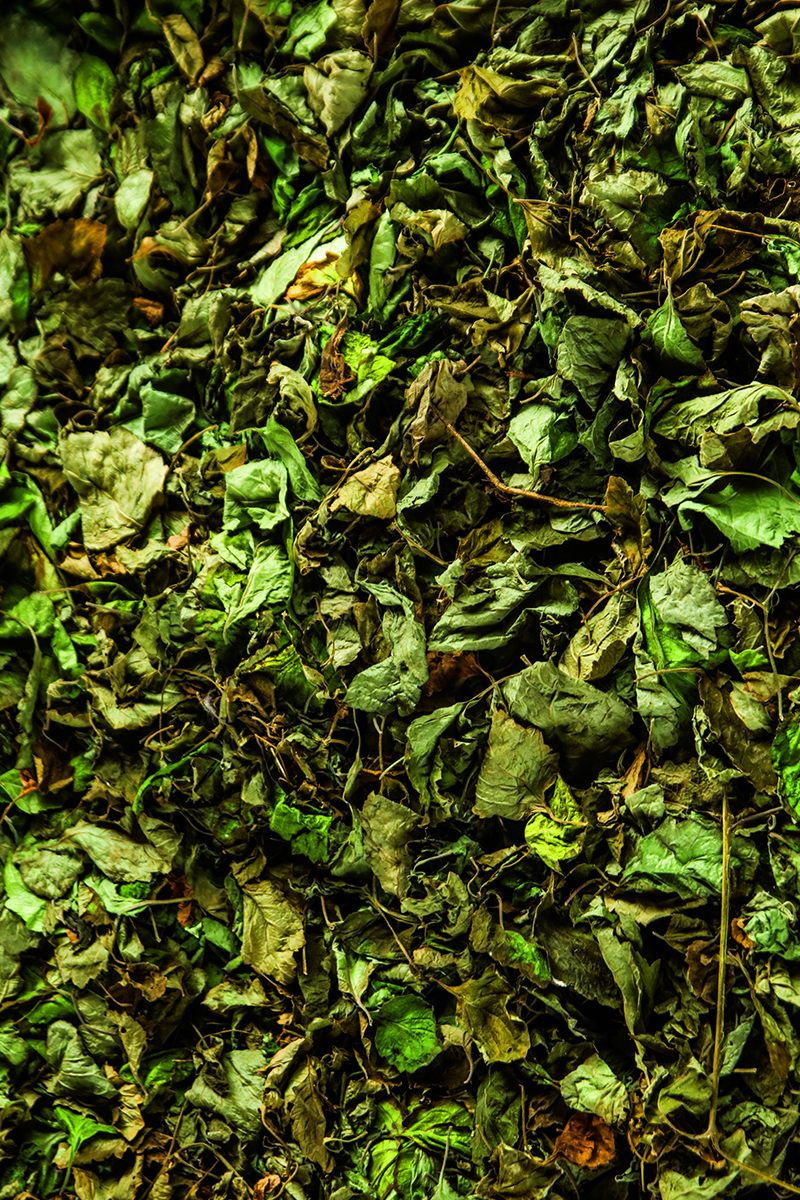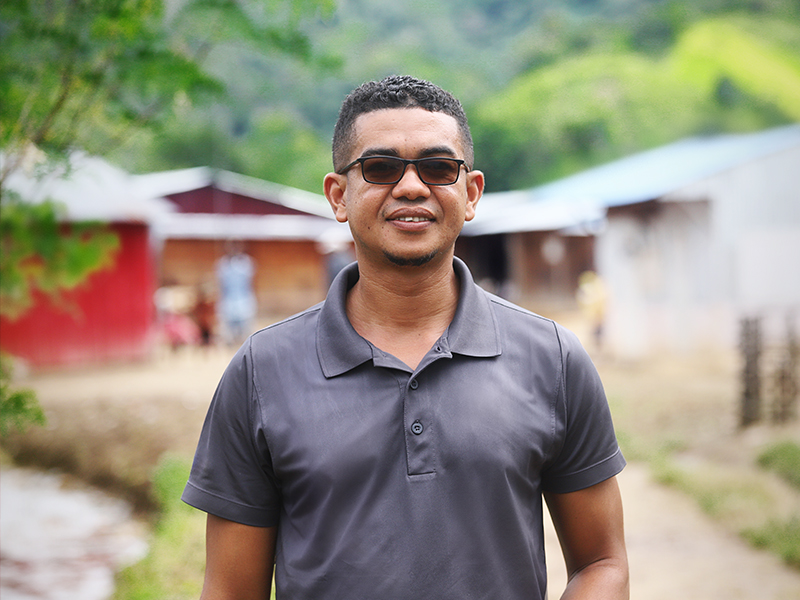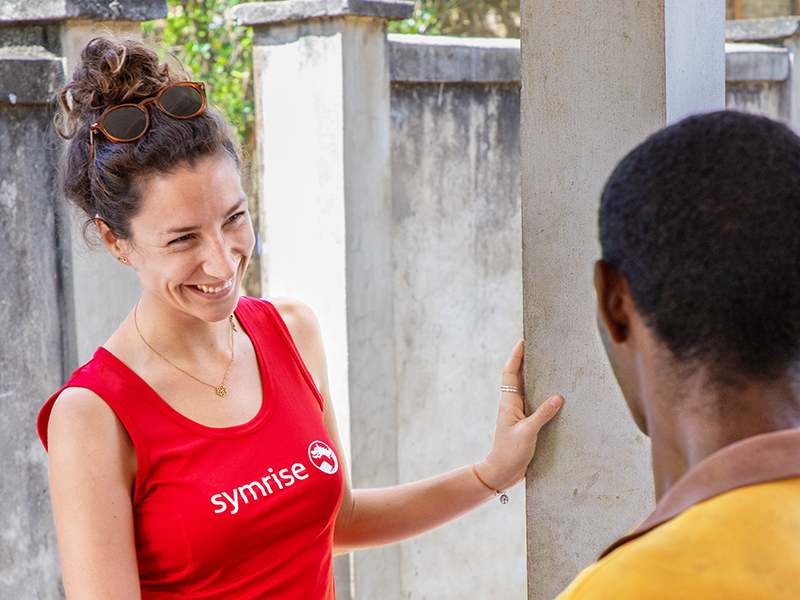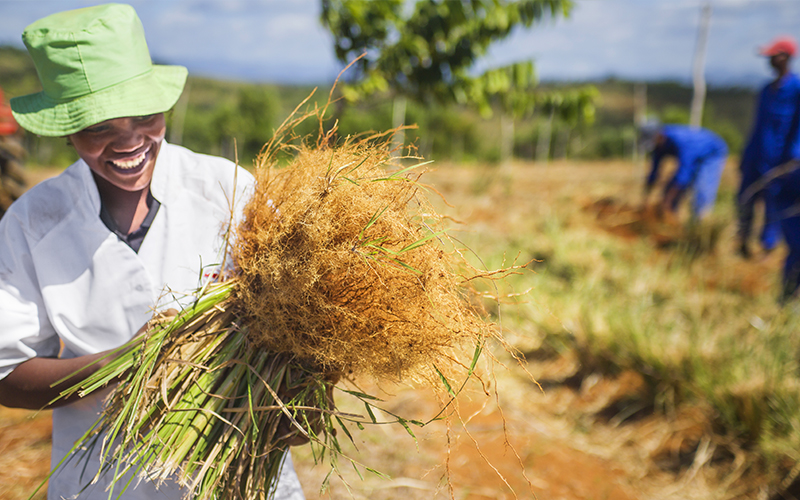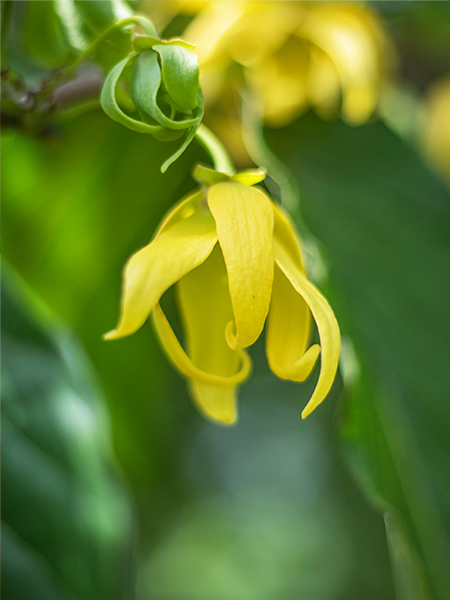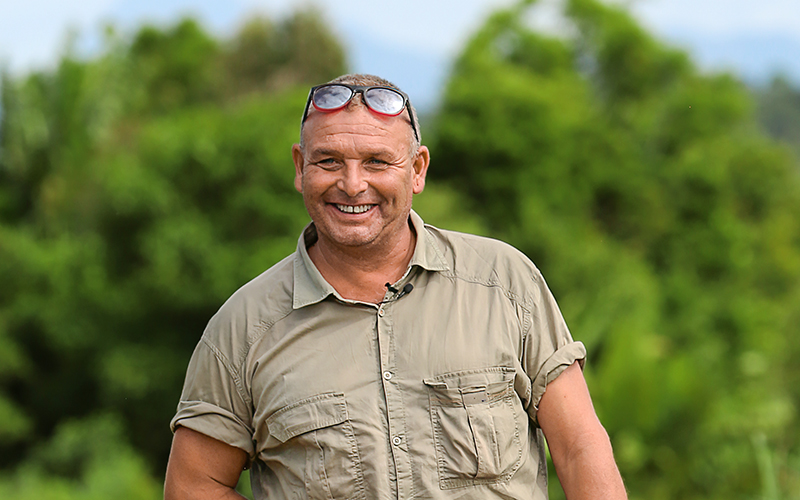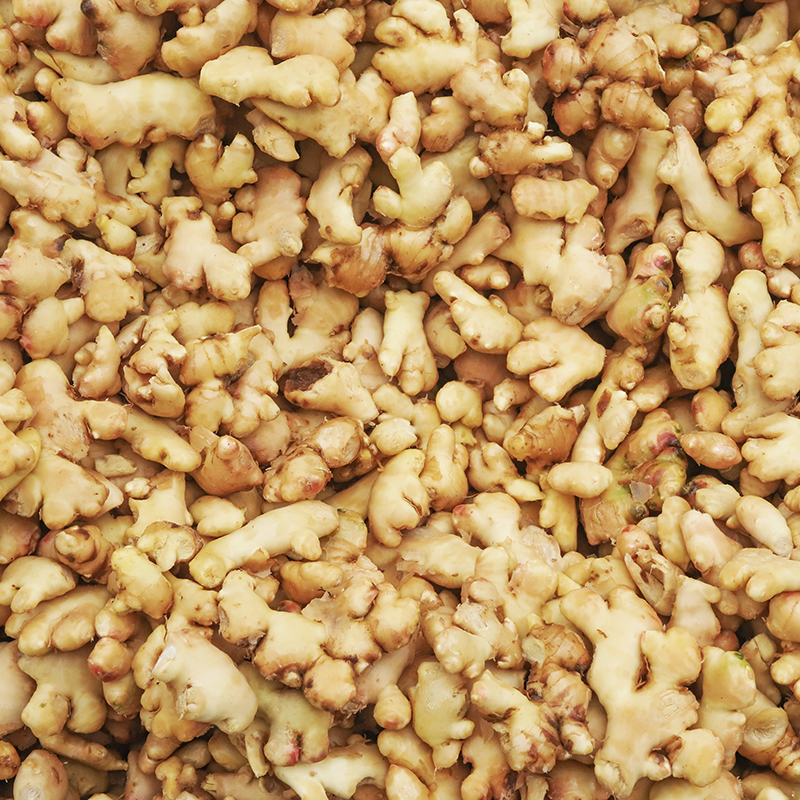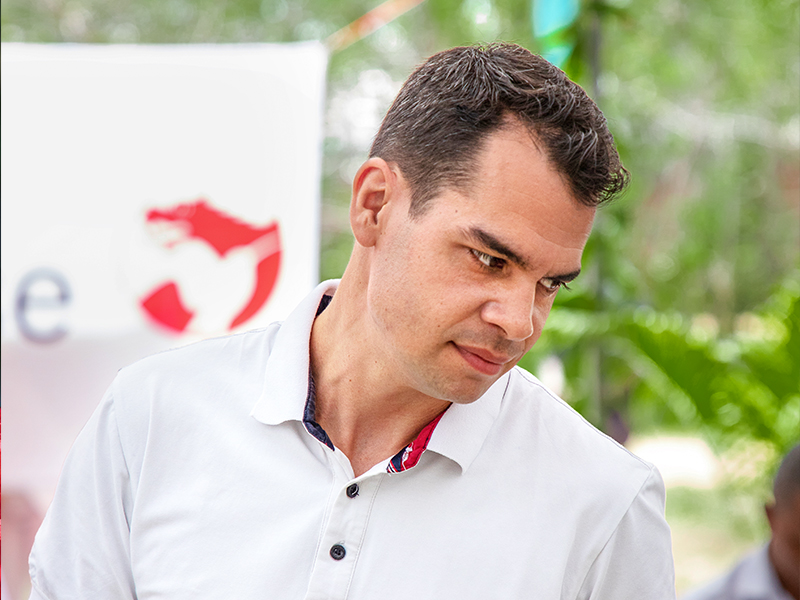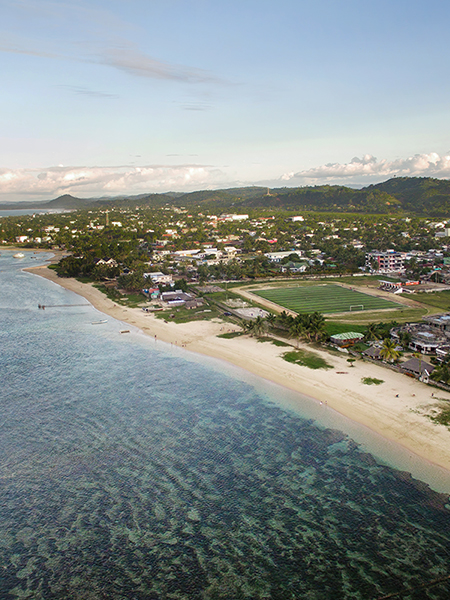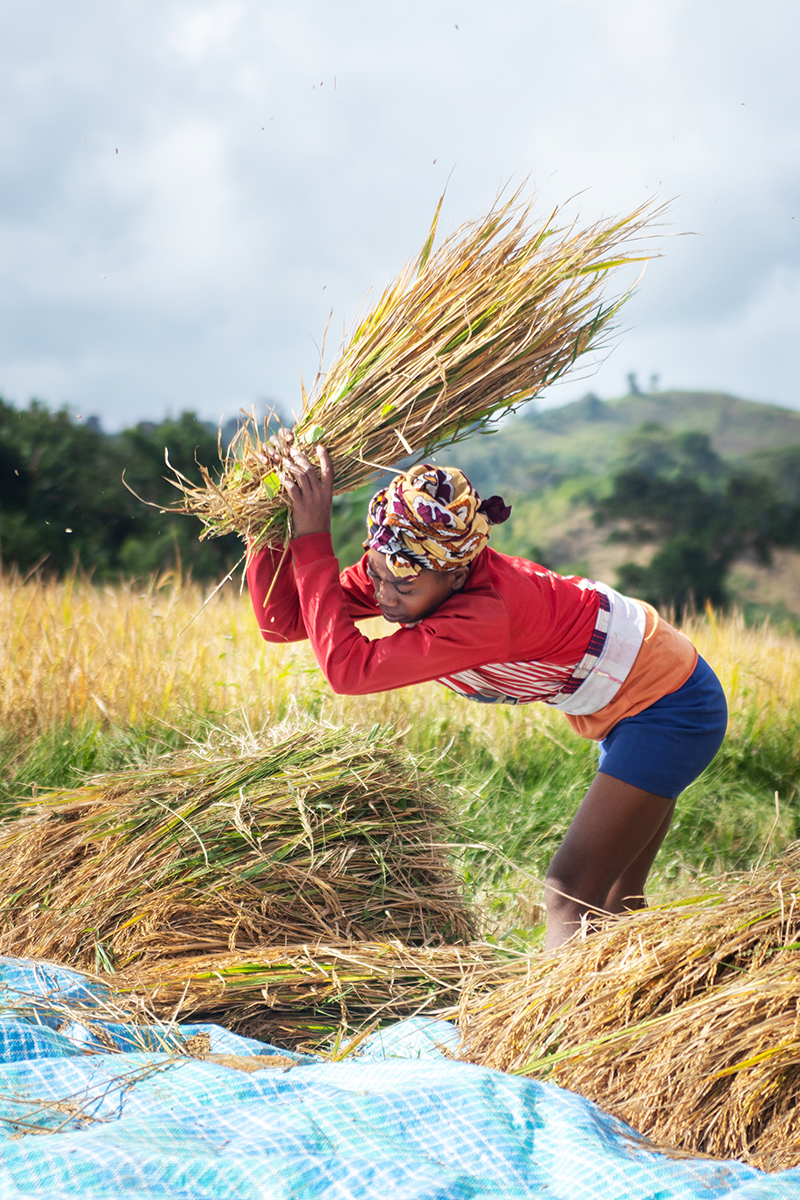2 – Close relationship with farmers
Symrise purchases its raw materials in the SAVA region but also in other areas in the north of the island. Some of the farming areas are in very remote locations and are difficult to reach on the dirt roads that lead to and from them. But the broad expanse of the locations on the island pays off in one major way: We can keep our customers supplied with products even if natural events cause crop failures. It’s very unlikely that typhoons will hit every corner of the island during a single season.
40,000 people profit
We partner with about 7,000 farmers who, on average, cultivate one hectare of land. They grow vanilla on one half and food, crops and firewood on the other half. The farmers have been certified by the UEBT/ Rainforest Alliance, Fair Trade Organic or Fair For Life Organic. The farmers’ families comprise a total of about 40,000 people, and these people benefit from our partnership. We also strive to increase the role of women in this work – women now run about 28 % of the farms. We also support the next generation of farmers.
Teaching more sustainable farming practices
One focal point of our work is to teach better and more sustainable farming practices to farmers. We have set up an agro-innovation center in Benavony for this purpose. We conduct research there into such topics as organic disease and pest control to improve the health of soil and make vanilla vines less susceptible to disease. We also promote agro-forest systems where food and fragrance raw materials that are important to us, like patchouli, are grown. The knowledge of the farmers is also very helpful to us. Together with the results produced in test operations, this knowledge leads to new farming practices.
Support on all levels
The partnership is strong. But the challenges faced by farmers remain large. The country has hardly any infrastructure, like roads, schools and hospitals. The infrastructure that does exist is in poor condition. It lacks social safety nets like insurance or government disaster-relief funds that are provided in the aftermath of natural catastrophes. Most of the farms are also so small that the farmers can hardly earn a living from them. Our network helps farmers increase their productivity and tap several sources of income so that they are able to get through crises more easily. As part of this effort, we work with them to develop various value chains, purchase products at different times of year to ensure that they have an income throughout the year and pay prices that cover the sustainable production costs. We help them go into aquaculture, beekeeping and poultry farming. We also distribute seeds and seedlings to the farmers.
Sustainable support for a better future
One other top priority is to teach farmers to manage their budget and savings in order to pay off their debts. More than 20,000 people now have health insurance thanks to our efforts. We have about 7,000 farmers in the farm management program and have trained about 11,000 in good farming practices. We also help about 90 parent groups purchase basic educational materials for elementary schools and pay the salaries of additional teachers. We have also set up five training centers where young people can learn to become farmers. We will continue to carry out this work because it enables us to achieve several goals at once. We are committed to further strengthening the position of the farmers, easing the pressure on the soil and nature reserves with their sweeping array of biodiversity and teaching even more efficient farming practices. We move closer to achieving our sustainability goals by doing so.

